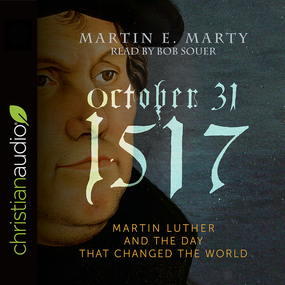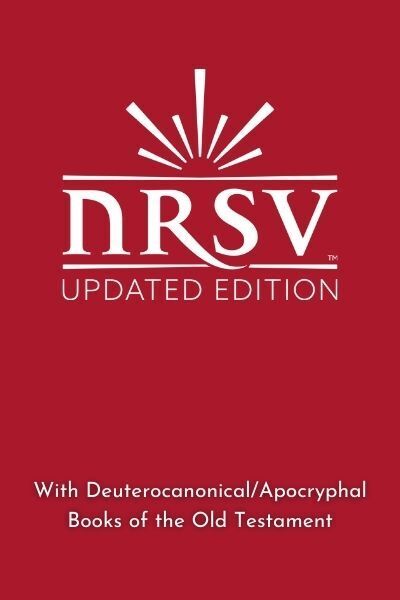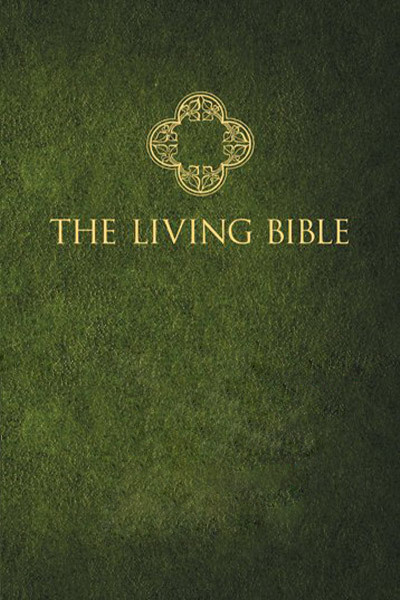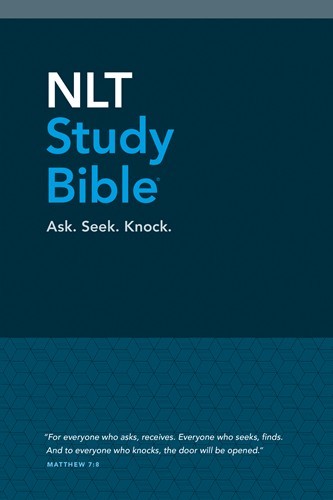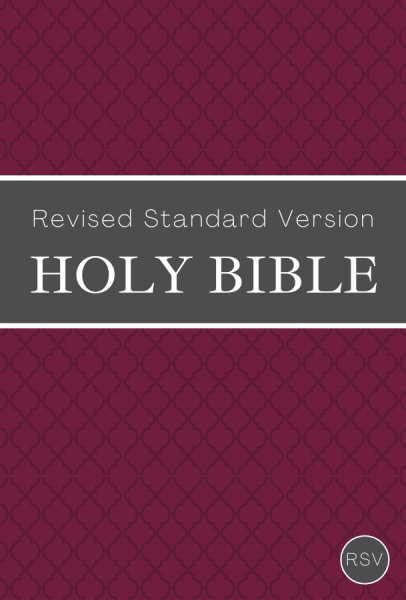

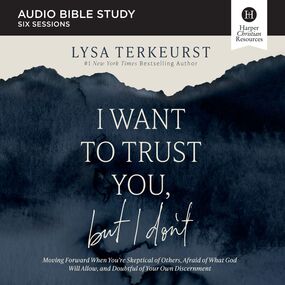
I Want to Trust You, but I Don't Bible Study: Audios: Moving Forward When You’re Skeptical of Others, Afraid of What God Will Allow, and Doubtful of Your Own Discernment

I Want to Trust You, but I Don't Bible Study: Audios: Moving Forward When You’re Skeptical of Others, Afraid of What God Will Allow, and Doubtful of Your Own Discernment
Trust is the oxygen of all human relationships. But it's also what trips you up after you've been burned. Maybe a friend constantly lets you down. A leader or organization you respect turns out to be different than they portray themselves to be. A spouse cheats on you. A family member betrays you. You're exhausted by other people's choices and starting to question your own discernment. And you're wondering, If God let this happen, can he even be trusted?
How can you live well and step into the future when you keep stumbling over trust issues? Lysa TerKeurst says it's not simply about finding better people to walk with. It's about developing the stability you long for within yourself and with God, so you don't become cynical and carry a broken belief system into every new relationship.
In I Want to Trust You, But I Don't video Bible study, Lysa digs into the Scriptures and helps you apply how to:
- identify which of the eleven relational red flags are stirring up distrust, so you can pinpoint why you're feeling uneasy;
- stop having more faith in your fears coming true than God coming through for you by asking crucial "what if" questions to better process your doubts;
- recognize when a fractured relationship can be repaired by considering a reasonable list of characteristics necessary for rebuilding trust; and
- understand the physical, emotional, and neurological impact of the betrayals you've experienced and start healing from the inside out.






